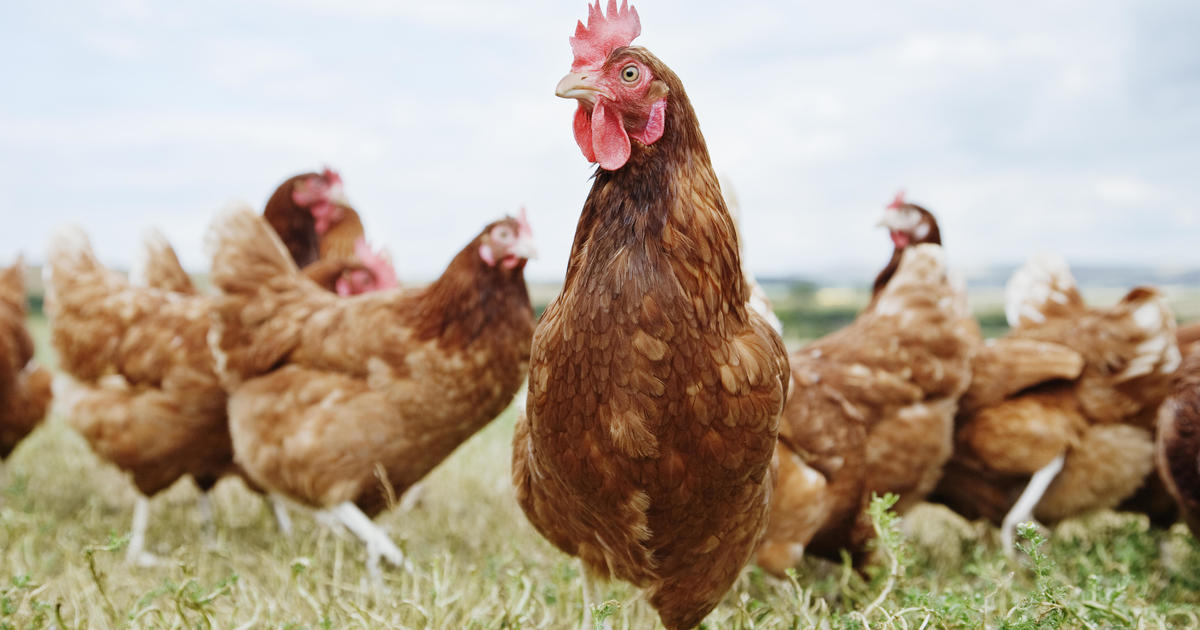Abbott Could Restart Baby Formula Plant Within 2 Weeks, Pending Court Approval
(CNN) -- The baby formula manufacturer at the heart of a nationwide formula recall said Monday that it has reached an agreement with the US Food and Drug Administration to enter into a consent decree, a legally binding agreement that would require the company to take certain steps in response to violations found at its Sturgis, Michigan, facility.
If a court approves the agreement, the company says, it could restart the site within two weeks. It would first resume the production of its specialty metabolic formulas EleCare and Alimentum, followed by Similac and other formulas.
After Abbott restarts the site, it will take six to eight weeks for the products to reach store shelves, it said.
The Justice Department said Monday that it had filed the proposed consent decree in federal court.
Abbott said it submitted a corrective action the FDA on April 8. But even before this formal response, it had been working on improvements, including reviewing and updating education, training and safety procedures for employees and visitors and updating protocols regarding water, cleaning and maintenance procedures at the facility.
Additionally, Abbott said it immediately took actions to address the items that the FDA raised at the conclusion of its inspection.
"Our number one priority is getting infants and families the high-quality formulas they need, and this is a major step toward re-opening our Sturgis facility so we can ease the nationwide formula shortage. We look forward to working with the FDA to quickly and safely re-open the facility," Abbott Chairman and CEO Robert B. Ford said in a news release. "We know millions of parents and caregivers depend on us and we're deeply sorry that our voluntary recall worsened the nationwide formula shortage. We will work hard to re-earn the trust that moms, dads and caregivers have placed in our formulas for more than 50 years."
During an inspection that spanned multiple dates in January, February and March, FDA investigators found Cronobacter sakazakii bacteria in several areas inside the plant.
Additionally, the FDA's review of company records found that Abbott had detected Cronobacter bacteria in finished formula batches produced in 2019 and 2020.
In preliminary findings, the FDA reported that Abbott did not establish a system of process controls covering all stages of processing to prevent contamination of formula with microoganisms and that all surfaces that touched the infant formula were maintained to prevent contamination.
In the end, however, testing by the FDA and the US Centers for Disease Control and Prevention found that the genetic sequences of the Cronobacter samples from inside the plant did not match any of the bacteria isolated from the sick children or the formula inside their homes, so there was no link found to the Sturgis facility.
Genetic samples from sick babies also did not match each other, suggesting that there was no link between their cases, Abbott said in its news release. Cronobacter bacteria is commonly found in the environment.
Additionally, Abbott said, no baby formula distributed to consumers tested positive for Cronobacter or Salmonella.
"Our safety and quality processes meet even the toughest scrutiny and we're committed to continuously improving our processes and protocols," Ford said. "Nutrition is fundamental to Abbott and to our goal of improving the lives of more than 3 billion people by decade's end. We intend to set the standard for the industry, raising the bar on both safety and quality."
The-CNN-Wire™ & © 2022 Cable News Network, Inc., a WarnerMedia Company. All rights reserved.



